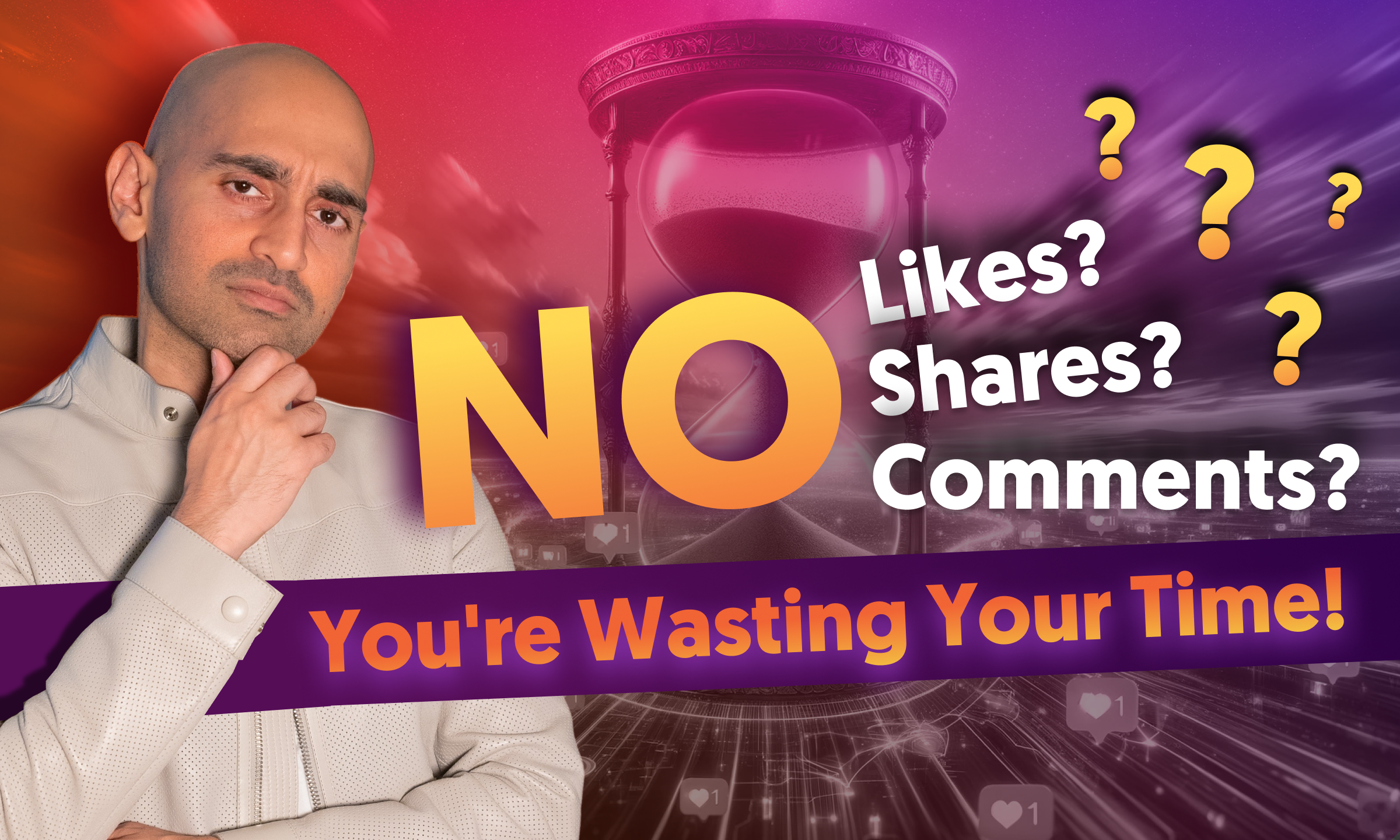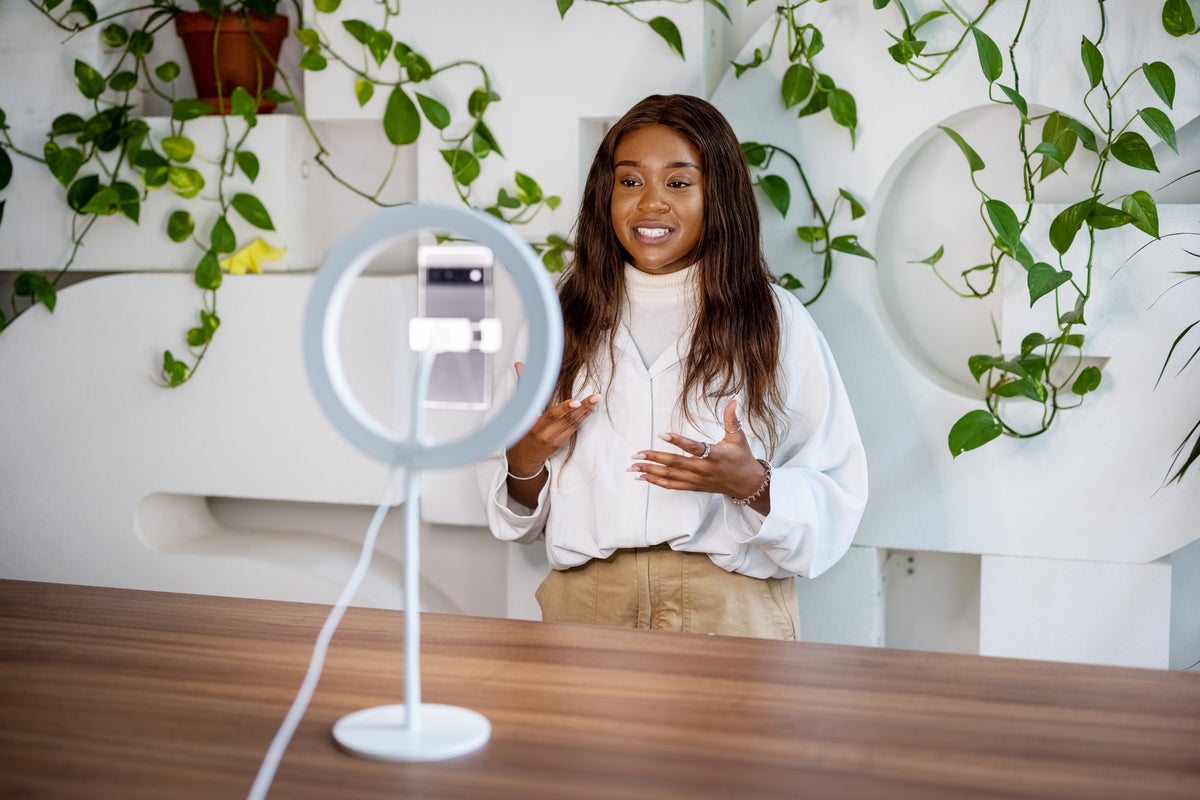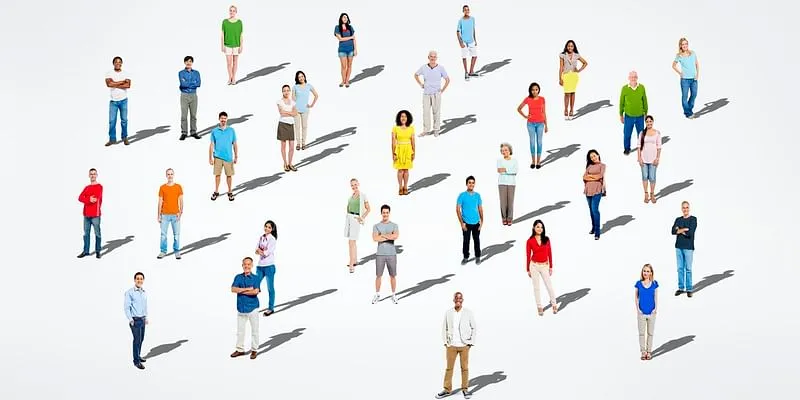- The Fringe
- Posts
- Stop blindly creating social media content — try this instead
Stop blindly creating social media content — try this instead
Plus: What makes a customer happier? | How to hire low-experience, high-potential people | AB testing your checkout page | AI is changing work, ready or not | And more

Aloha. Here are the most valuable (what I think) articles of the previous two weeks. I pour through maybe 50-100 articles to get to this final list.
I hope you find just one useful idea.
Table of Contents
Enjoy.
The Latest
OpenAI introduces Memory to ChatGPT
Tired of repeating yourself to everyone’s fave AI? Well, pretty soon, you won’t have to. If you have a certain way you like things done, or a stickler for a specific format, ChatGPT will remember your preferences and oblige.
You get to decide what it remembers and doesn’t remember, or so they say. OpenAI also says that they will block any health information you share, and that you are ultimately in control.
You can also toggle Temporary Chats, which is the equivalent to incognito mode, but the real question is, do you trust them with your data?
Memory is in beta, so it’s not available to everyone yet. If you use ChatGPT, will you turn Memory on, off, or somewhere in between?
Virtual product placements are here, courtesy of AI
From the New York Times:
Product placement, one of the oldest tricks in advertisers’ toolbox, is getting an A.I. makeover.
New technology has made it easier to insert digital, realistic-looking versions of soda cans and shampoo onto the tables and walls of videos on YouTube and TikTok. And a growing group of creators and advertisers is grabbing at the chance for an additional revenue stream.
Other links
The world’s most responsible AI — and it’s not what you think.
Threads Launches Trending Topics — do you even care?
“Shot on iPhone” — for you camera nerds.
From Politico: How AI is quietly changing everyday life
Blue Sky, a decentralized Twitter clone, is now open for business.
The Xs
Brand Experience
Leading brands are convenient
Know the saying "Selling is hard"? It’s only hard because buying is harder.
That’s why consumer convenience remains an evergreen buying trigger, even though more profound experiences probably come from inconvenience.
But we’re talking consumers here. And they want it now, fast, easy and cheap. And you can’t do all three, but when in doubt, err on the side of however your market deems convenience — even over price.
So, how can you make your business, product, website, pricing, and anything more convenient?
AI & Creativity featuring Robert Wong
User Experience
AB Testing Checkout
Yoav passed this one on to me. Thinks it’ll be useful for you.

It seems that the internet’s greatest potential is to create intimacy across distance.
We still have a long way to go.
Customer Experience
What Really Makes a Customer a Happier Person?
I looked at this list, and I approve.
Customer Autonomy
Give Your Customers a Voice
Listen to Your Customers
Be Grateful to Your Customer
Transparency and Honesty
I imagine doing this in any kind of relationship would make someone happy. However, turning principles into tactics is another story.
More below:
Employee Experience
How to hire low-experience, high-potential people
Hiring is hard. Here’s a useful guide on what to look for, especially when the ‘experience’ pool is low, but the ‘talent’ pool is high.
The future of work and employee experience
A nice opinion piece on the future of work. Some ideas that stood out for me:
Viewing HR as a business function, not just a business enabler
HR as a catalyst for career growth
Culture is not a standalone component but the driving force of the way of life in the organization
Data Experience
LLMs and the future of work
There’s probably no data set more valuable to AI than your own.
As we found at REP AI, generative AI based on general knowledge is not very useful or practical for eCommerce.
So we tailored gen-AI, first for eCommerce and second for each brand.
Tailoring LLMs is a great idea, such as creating your own GPTs, or something comparable is future-facing—a topic I will continue to explore further.
Here’s a provocative article and breakdown of how LLMs work (not only custom LLMs) and their potential impact on how humans will work.
Final thoughts
Van Gogh brought to life (sort of)
This story is less about the story itself—using AI to bring Van Gogh to life using his personal letters and private thoughts.
No. It’s a mainstream news story that will reach who knows how many people. For some, this will be mind-blowing. For others, scary. And for yet another group, intriguing and interesting.
We are in relationship to AI, regardless of what stance we take. And regardless of our opinion, AI will both deliver value and headaches as we move forward.
Here’s to less headaches.
Until next time.
Paul
/cdn.vox-cdn.com/uploads/chorus_asset/file/24390407/STK149_AI_02.jpg)











Reply